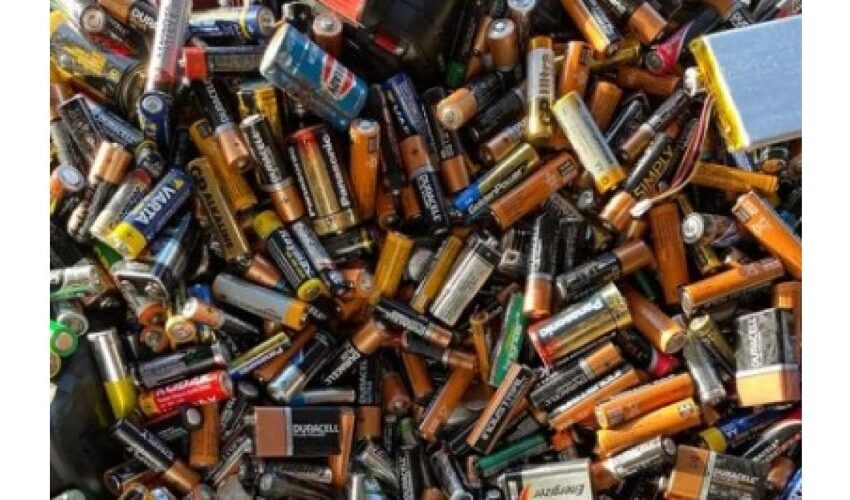Centre notifies Battery Waste Management Rules, 2022

Team L&M
To ensure environmentally sound management of waste batteries, the Union Ministry of Environment, Forest and Climate Change has published the Battery Waste Management Rules, 2022. The new rules that cover all types of batteries – electric vehicle batteries, portable batteries, automotive batteries, industrial batteries – have replaced the Batteries (Management and Handling) Rules, 2001.
As per the Battery Waste Management rules the producers, including importers, of batteries are responsible for collection and recycling/ refurbishment of waste batteries and use of recovered materials from wastes into new batteries.
This Extended Producer Responsibility (EPR) mandates that all waste batteries must be collected and sent for recycling/ refurbishment, and not be disposed of in landfills or for incineration. The producers are allowed to engage themselves or authorise any other entity for collection, recycling or refurbishment of waste batteries.
Besides promoting setting up of new industries and entrepreneurship in collection and recycling/refurbishment of waste batteries, the Battery Waste Management rules also enable setting up a mechanism and centralised online portal for exchange of EPR certificates between producers and recyclers/refurbishers to fulfil the obligations of producers.
When depleted batteries are thrown into the trash, they end up in landfills where they decay and leak. As batteries corrode, their chemicals soak into soil and contaminate groundwater and surface water. This compromises our ecosystems which contain thousands of aquatic plants and animals. That chemical waste can seep into ground water. This means that when we drink from tap water faucets, we could be ingesting dangerous metals. Improperly disposed lithium batteries can can cause landfill fires that can smolder for many years. As a result, the toxic chemicals released into the air aggravate air pollution leading to global warming.

